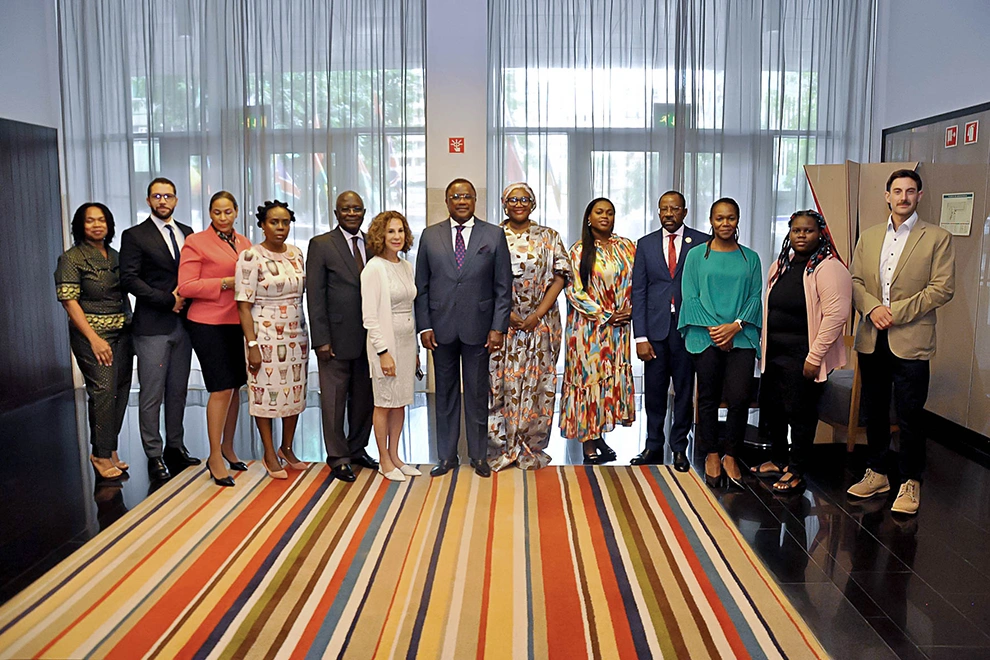On February 13th in Luanda, Angola, the ICCF Group hosted a workshop for the soon-to-be-launched Angolan Parliamentary Caucus for Conservation and Sustainable Environment, on "Preventing Future Zoonotic Pandemics: Strengthening National Legal Frameworks and International Cooperation."
With funding from GIZ and in partnership with the Global Initiative to End Wildlife Crime (EWC) and Legal Atlas (LA)
The primary objective of the workshop was to enhance the parliamentarians’ understanding of legal frameworks governing wildlife and zoonotic diseases, translate knowledge into legal responses, and provide policy tools for legal evaluation. The workshop was informed by a study commissioned to develop a legal best practice framework for assessing national legislation and, specifically, its ability to support prevention, preparedness, and response to emerging zoonotic diseases in the context of wildlife trade. This study was developed by Legal Atlas in collaboration with the ICCF Group and EWC.
The meeting focused on the critical intersection of legal frameworks, public health, and environmental conservation in preventing zoonotic pandemics. Discussion highlighted the importance of regulatory clarity, inter-ministerial collaboration, and regional cooperation to enhance wildlife governance and disease prevention.
Summary of key takeaways:
- The critical role of legal frameworks in preventing zoonotic pandemics.
- The need for clear regulatory responsibilities in wildlife trade governance.
- Engaging health, education, environment, and culture ministries to develop harmonized legislation for conservation, wildlife protection, and public health.
- Sharing experiences and best practices in environmental and wildlife legislation.
- Strengthening laboratory capacity and forensic expertise to support effective law development.
- Identifying key action areas for preventing zoonotic diseases and potential pandemics.
- Prioritizing the survival and basic needs of communities near conservation areas to enhance wildlife safety.
- Harmonizing national and regional laws on wildlife and public health.
- Exploring opportunities for regional cooperation and legislative reforms to address current challenges.
The meeting underscored the need for a multidisciplinary approach to legislative development, emphasizing collaboration between sectors to ensure sustainable conservation efforts and public health protection. Participants agreed to continue working toward legal and policy advancements to mitigate future risks.
The participants were equally appreciative of the legal analysis presented for Angola, and the identified gaps in the national legislation that need to be addressed and further developed to better prevent future zoonotic pandemics.

 Regional Headquarters
Regional Headquarters